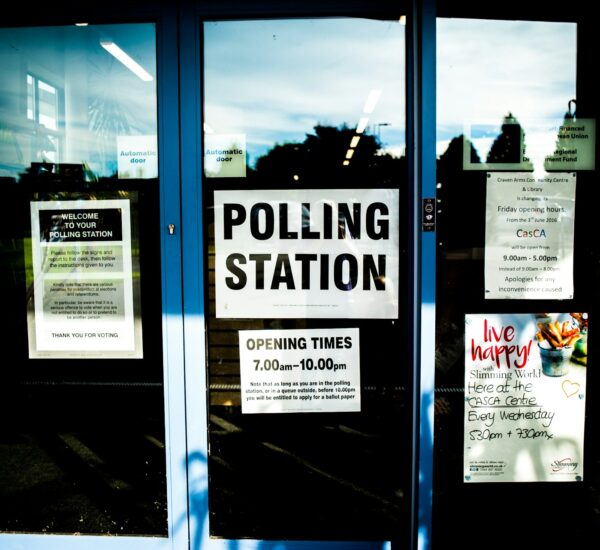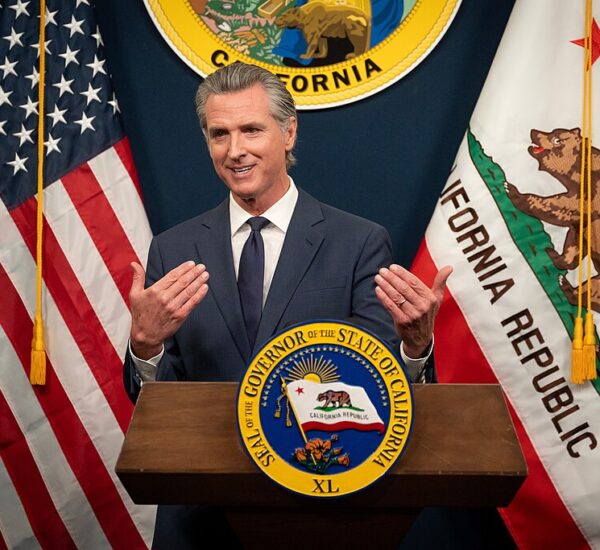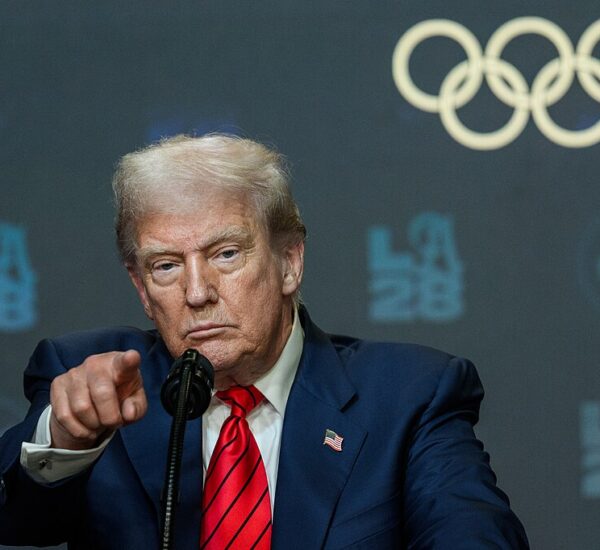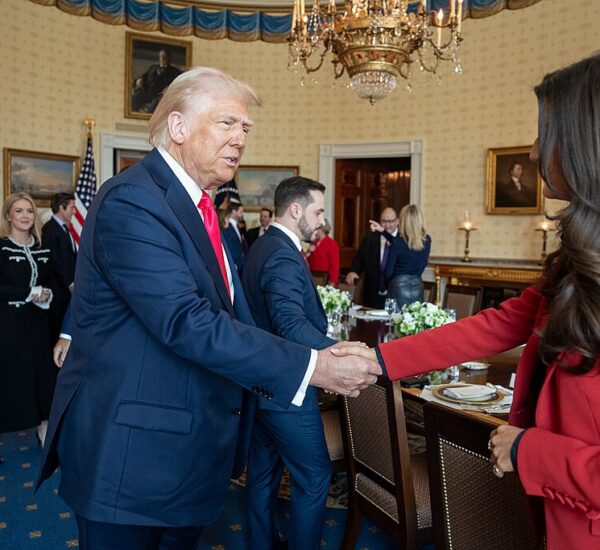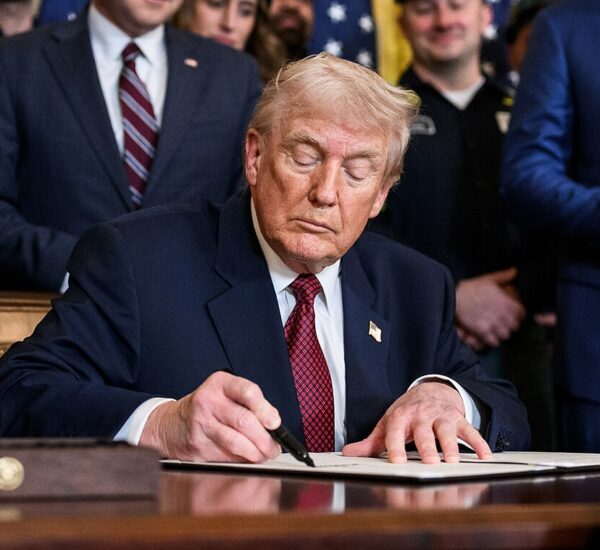In the unfolding drama of the 2024 presidential race, a noteworthy strategy is emerging within Republican circles: an opportunistic embrace of Joe Biden’s continued candidacy, seen as potentially advantageous to Donald Trump’s electoral ambitions. Despite internal pressures urging Biden to step aside due to lackluster debate performances and public appearances, his persistence is being strategically perceived as a divisive factor weakening Democratic unity and thus enhancing Trump’s chances.
Criticism of Biden’s recent slip-ups, notably at the NATO summit press conference, has stirred doubts about his fitness for office. Nonetheless, some allies and strategists aligned with Trump see Biden’s perseverance as advantageous. Reports suggest organizations like the Heritage Foundation are exploring legal avenues to thwart any Democratic efforts to replace Biden on the ballot in key swing states, underscoring a calculated move to keep Biden in play.
Figures within the GOP, including Donald Trump Jr., have openly acknowledged the strategic benefits of Biden remaining a Democratic contender despite vulnerabilities. This sentiment is echoed by political analysts who argue that Biden’s struggles could sow discord among Democrats and erode confidence in their electoral prospects.
Strategically, Donald Trump himself has opted for a measured approach, refraining from direct attacks on Biden while indirectly critiquing Democratic factions advocating for his withdrawal. This nuanced strategy aims to exploit internal Democratic divisions and capitalize on perceived weaknesses in Biden’s campaign.
This evolving narrative highlights a nuanced political strategy where Biden’s resilience in the face of challenges—despite concerns over his age and performance—is increasingly seen as an asset for Republicans aiming to secure Trump’s return to the White House. As the electoral landscape continues to shift, the ultimate outcome hinges not just on Biden’s ability to navigate ongoing hurdles, but also on how these dynamics shape voter perceptions and partisan strategies in the run-up to the 2024 election.

